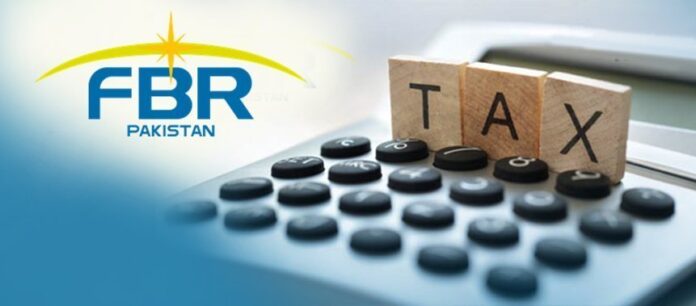Let’s be honest—tax season always feels like a burden, especially for people already playing by the rules. But what about those who don’t? That’s the question the government seems to be tackling head-on with a move that’s as bold as it is controversial: stationing tax officers inside business premises to keep a close watch.
Yes, you read that right. Officers from the Federal Board of Revenue (FBR) will now be physically present at certain business locations to monitor operations in real-time—tracking everything from sales to service delivery. It’s part of a larger plan to broaden Pakistan’s notoriously narrow tax base.
Why This Matters Right Now
It’s wild to think that even though services make up most of Pakistan’s economy, so many of those businesses are still flying under the radar—unregistered, untaxed, and unchecked. Meanwhile, the salaried folks, already stretched thin, keep footing the bill. This new ordinance from the government, passed in 2025, seems like an attempt to fix that imbalance by finally holding high-end service providers—like fancy hospitals, gyms, and event halls—accountable.
The Details: What the Law Says
Under Section 175C, FBR officers will be stationed at high-revenue service businesses—not retailers already governed by Section 40B. These officers will monitor in-house operations to ensure tax compliance, particularly in businesses suspected of underreporting income.
Think private hospitals charging more than 100,000 PKR per day for a room—or five-star guest houses and salons that rake in profits but stay invisible to the taxman. The goal here is equity—closing loopholes and ensuring that all players contribute their fair share.
Concerns and Pushback
While the move sounds logical on paper, critics argue it’s an invasion of privacy and a step toward overregulation. The Karachi and Lahore Chambers of Commerce have voiced strong opposition, particularly against related amendments that allow immediate recovery of tax demands—even when appeals are pending in court.
These groups argue that this undermines judicial authority and sets a troubling precedent. Business owners are asking why they weren’t consulted—and demanding a parliamentary review to restore trust and clarity.
Checks and Balances in Place?
To avoid misuse, the government insists on transparency. Visits must be authorized by a bar-coded letter, recorded via mobile device, and logged through a digital platform. Officers will follow strict SOPs and face disciplinary action for misconduct.
Civil intelligence agencies are also part of the oversight process to prevent abuse of power—a necessary step, considering past concerns of overreach.
The Bigger Picture
These reforms are part of PM Shehbaz Sharif’s broader tax strategy—one that promises to ease the burden on salaried taxpayers while cracking down on evasion. By making high-potential but underreported sectors more accountable, the government hopes to stabilize revenue and potentially even lower income taxes in the future.
But real success hinges on balance. If businesses feel unfairly targeted or harassed, the system could break before it begins. Transparency, accountability, and stakeholder consultation must be more than buzzwords—they need to be baked into every step of implementation.
Final Thoughts
So, is this a crackdown on injustice or a step toward bureaucratic overreach? Like many things in Pakistan’s tax system, the answer isn’t simple. But one thing is clear: reform is overdue. And if done right, this could be the shift we need toward a fairer, more functional economy.
For more updates, visit: https://hajihussain.com.pk/category/business-finance/


Leave a Reply